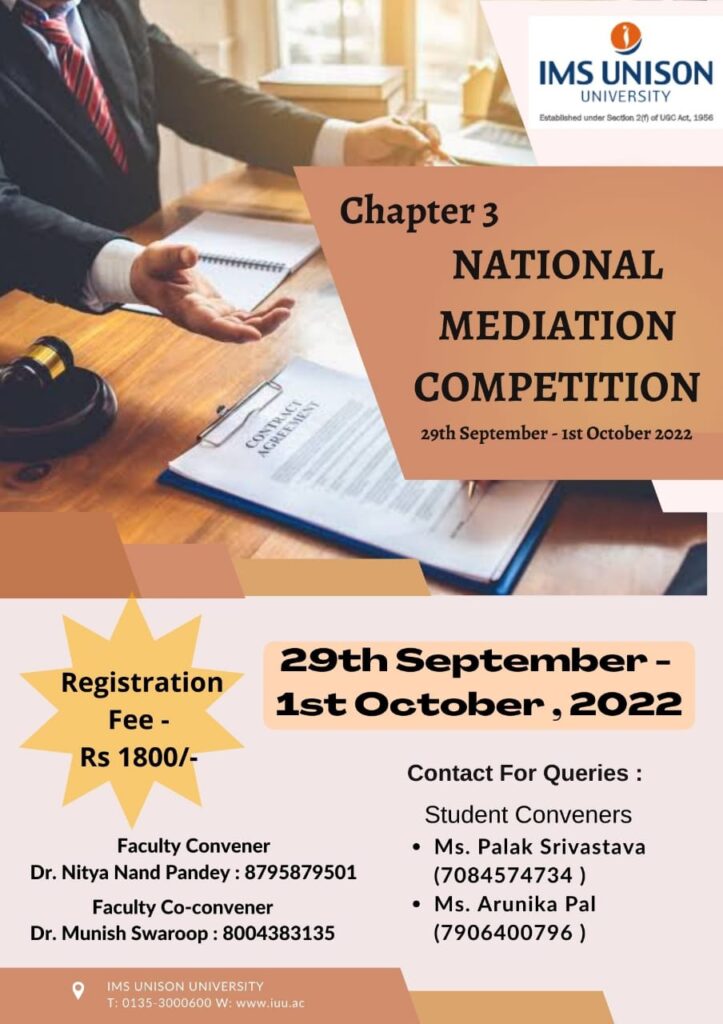INTRODUCTION
Gender is a word that cuts society, polity, and culture all over the world. Some languages do not have the word gender instead the word sex is used. Different terms are used regularly in theories of sexuality. Sex and gender may look identical but they are completely different terms. Sex generally means the biological and physiological characteristics of a person whereas gender usually refers to sociological, psychological, and cultural construct. This generally refers to the attributes associated with the person and it is not determined by biological characteristics. The word “Trans” means a general term used for the people who use a different gender identity other than their assigned sex by birth. The person’s identity in their innate knowledge has changed and they think they are different from what they are expected to be born. Transgender people can be of any age, having different personal characteristics other than the views of how men and women should be.
HISTORY OF TRANSGENDERS
Transgender people were known to exist since ancient times. In Ancient Greece and Rome nearly 9000 to 3500 years ago, there were priests called Galli priests that some people believed to be Trans women. The Roman Emperor named Elagabalus who lived in 222 A.D performed sex reassignment surgery as he preferred to be a woman. In the Indian subcontinent, one of the oldest Veda named Rig Veda, mentions the ancient poems where their creation lacked all distinction and men were described with womb or breast. In the great Epics Ramayana and Mahabharata, there were trans men like Shikhandi. In Hinduism, there are transgender deities called Iravan, and Ardhanarishvara (half male and half female considered to be a fusion of Lord Shiva and Shakti), worshipped by the transgender community.
In the middle ages, Eleanor Rykener was arrested in the year 1394 in Europe where he had the body of a male but performed feminine roles, it was earlier seen as gender dysphoria. At present, trans people are recognized as the third gender and are accepted in society broadly. They are elected to public offices, legislatures, and even in courts but still, some countries refuse to recognize them and provide them with basic rights.
RIGHTS OF TRANSGENDERS
Our Constitution enshrines all the fundamental rights of the people irrespective of religion, sex, race, or gender. Part III of the Constitution deals with fundamental rights. Fundamental rights are provided for speech, education, trade, occupation, etc., the fundamental of all fundamental rights lies in Article 21 of the Constitution which deals with the right to life. The right to live with personal dignity to all individuals. Protection is also given to individuals against the violation of fundamental rights. The major issues faced by transgender people are discrimination, marital problems, hygienic problems, unemployment, and financial crisis. They are also sometimes not given the authority to vote. Transgenders are often neglected in the areas of property, adoption, marriage, etc. They end up begging in the street or even acting as a sex worker to survive. They are even refused to use bathrooms. They are also sexually assaulted in public places. Meanwhile, our constitution ensures that all laws are being enacted for the well-being of people in order to establish equality in social, economic, and political spheres; transgender people do not even get their necessities fulfilled. They are considered to be the weaker class and often exploited by the dominant class people. The Supreme Court in the landmark judgement of NALSA vs Union of India1 case said that transgender can be legally a third gender and they are enshrined with all fundamental rights. But the laws for the benefit of the transgender community people remain unenforced.
TRANSGENDER MARRIAGE
Supreme Court in another landmark judgment Navtej Singh Johar vs Union of India2 case held that Section 377 of the Indian Penal Code was decriminalized and it legalized the sexual relationship of all kinds of genders. In the Arun Kumar & Another vs Inspector General of Registration & Ors3 case the court said that under Section 5 of the Hindu Marriage Act, a bride can include a transgender person as well since the right to marriage is a fundamental right under Article 21 of the constitution. Despite the judgment, there is no provision for the right to marry in the Transgender Protection of Rights Bill. The Union government also stated that the Natvej case does not legalize homosexuality but it has decriminalized a particular way of human behaviour.
In Arun Kumar’s case, the term ‘bride’ covers the people who identify themselves as females. But what about those people who do not identify themselves as females? It is stated that if a transgender community undergoes Sex Reassignment Surgery to transit gender then they can fit into either male or female and a document must be submitted to the judicial magistrate with medical documents. Only then they will fit into the perception of male or female and only then they will be enabled to marry with their identity. In Mohammedan law, the perception of marriage is that it must be between the opposite gender for the procreation of children, and bearing children is a very crucial part of marriage. People who have undergone Sex Reassignment Surgery cannot reproduce children so under Mohammedan law it is not considered to be a valid marriage.
The biggest challenge faced by the transgender community for a valid marriage is the procreation of children. This construct that the society accepts two people as lawfully married for the procreation of the children has hindered transgender people in securing the fundamental right to marry. In the Shakthi Vahini vs Union of India4 case, it was stated that every individual has constitutional freedom to choose someone whom they wish to marry. The judgments pronounced have not inspired amendments in the provisions of the statute which is the sole reason why there is trouble in recognizing transgender marriage in India. On 1st April 2022, MP Supriya Sule from the Congress party introduced a bill to Lok Sabha to legalize same-sex marriage under the Special Marriage Act. This bill provides rights to same-sex couples as opposite-sex couples have.
TRANSGENDER MARRIAGE IN OTHER COUNTRIES
In the United States of America, on June 26, 2015, a landmark judgment was passed and in the fourteenth amendment, a fundamental right was guaranteed to same-sex couples, and the government legally recognized same-sex couples. The United Kingdom Gender Recognition Act, 2004 allowed people to get a new birth certificate that recognizes their acquired gender so that they can get legal rights. In New Zealand, the Civil Union Act, of 2004 was established and couples of both opposite and same-sex gender can get all civil rights including marriage rights. South Africa is considered a prime example of a country that gave recognition to the transgender community. They once considered this community a taboo community but now it has been dramatically changed and marriage rights are given to all the communities irrespective of their gender. The constitutional court of South Africa stated that the relationships are much more than procreation and the love between them cannot be determined by the sex of the parties.
In 2006, they passed a law solemnizing the union of same-sex couples. Some countries like Saudi Arabia still do not recognize transgender rights. Saudi law follows strict Muslim ideology that considers homosexuality immoral and severe punishment is given to homosexual people. India must also incorporate the right of marriage in the statuary law. There must not be only marriage rights but there must be provisions for adoption, divorce, inheritance, etc. Transgender couples must be provided with the legal right to adopt children.
CONCLUSION
Transgenders face a lot of challenges in society be it physical, political, economic, or social, there is no measure of the magnitude of their problem. These people faced some kind of harassment for their sexual identity. There is also less awareness among transgender people about the fundamental rights vested upon them. The current law for transgenders is inadequate as they need more amendments so that they can live a dignified life. Law is dynamic, it needs constant change so the concept of marriage must be changed; marriage is not for the procreation of children it is much more than that. The transgender community must not be discriminated against the society and they are also an equal part of this society. They need a dignified and happy life with laws protecting their well-being.
REFERENCES
- SC, Civil Writ Petition No. 400 Of 2012.
- SC, Criminal Writ Petition No.76 Of 2016.
- Wp(Md)No.4125 /19,3220/19.
- SC, Civil Writ Petition No 231 Of 2010.
This article is written by Sree Lekshmi B J, a third-year law student of Sastra University, Thanjavur.




